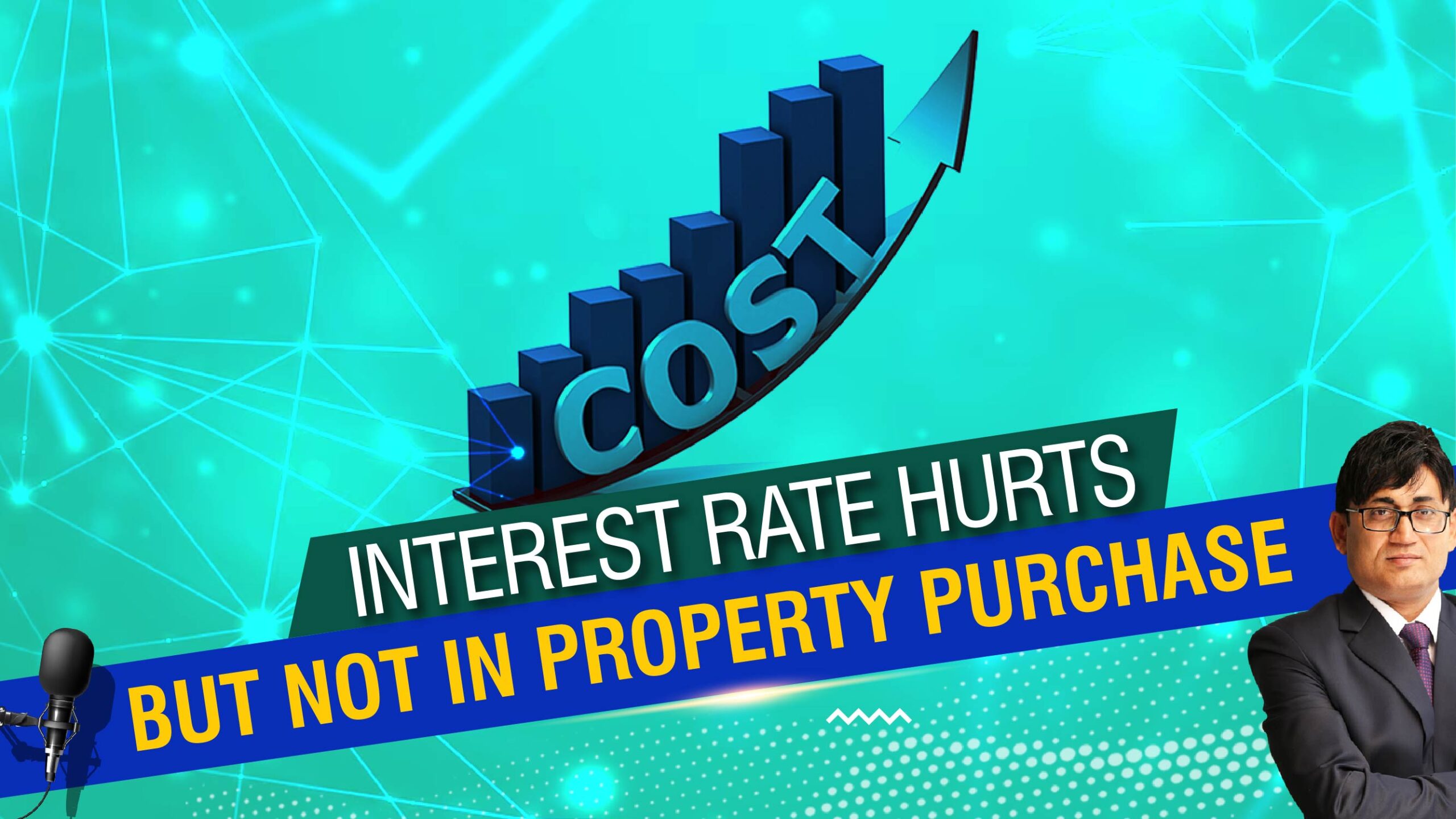 For flat owners in Maharashtra, the VAT battle is not yet over! VAT on flats, or material used on construction, amounts to double taxation since the developer has already paid while buying them from registered suppliers, said Atul Puranik, convener of newly started consumer group FORAM – Flat Owners’ Rights protection Action committee of Maharashtra.
For flat owners in Maharashtra, the VAT battle is not yet over! VAT on flats, or material used on construction, amounts to double taxation since the developer has already paid while buying them from registered suppliers, said Atul Puranik, convener of newly started consumer group FORAM – Flat Owners’ Rights protection Action committee of Maharashtra.
FORAM sought legal opinion from noted advocate and tax law consultant Anand Patwardhan who opined that the entire scheme of VAT on flats, shops and bungalows should be challenged. Developers, while fixing the price of the properties, would have factored all their expenses, including the costs of the land and material and taxes that they pay.
“Patwardhan’s view is: In such a situation, why should the government charge VAT again on developers who ultimately pass it on to the consumer like it happens in any transaction,” Puranik said.
Hence, it is wrong to expect developers to pay VT from their pocket since they too will pass it on to buyers, Puranik said and pointed out: “The Sales Tax department is giving conflicting and confusing statements on liability for flat buyers.
Patwardhan opined: “To the best of my knowledge, VAT will be applicable on sale/resale of goods under the sale of goods act. Builders will have to declare and explain the cost of material that has been used before working out any formula of collection of VAT from buyers.”
Referring to the latest set of FAQs issued by the Sales Tax department on the VAT issue, Mr. Puranik said the points are very confusing. “At one stage the department says the onus is on developers and somewhere else it says developer has to collect from the buyer,” he said.
For instance question number 17 and the answer are:
“Question: The builders receive non-refundable deposits and other charges under the agreement such as electricity deposit, water charges, legal charges, development charges etc. Whether such receipts will also form part of sale price for VAT?
Ans: The amounts which are received as deposits will be a deduction to the extent such amounts are actually paid to other authorities”
This is a clear indication that the consumer will have to shell out the tax, Puranik said.
He said, similarly, to Question number 19 in the FAQ list 19 on whether the VAT applicable can be collected by raising a debit note or the same should be mentioned in the agreement itself, the answer very clearly is: “Yes. It can be collected by raising a debit note. Specific mention in the agreement is a choice of the contracting parties. It will be payable on the installments received.”
He said developers might have got a respite from the Supreme Court for depositing VAT with the government, but they have begun to send out notices to buyers citing the clauses in agreements for sale that provide for payment of any future taxes to be levied by the government or municipal bodies.
“The government must immediately make its position clear and clear the confusion,” he said and appealed to NGOs and consumer welfare organizations all over Maharashtra to join the campaign against VAT and protect ultimate buyers from the VAT burden.
The issue arose after the Sales Tax department issued a trade circular calling for payment of 5% VAT on properties sold between June 20, 2006 and March 31, 2010 following the dismissal of a developers’ plea against VAT by the High Court. Now, the Supreme Court, hearing a special leave petition by developers, gave a relief to developers to pay the tax by October 31, 2012 instead of the government deadline of August 31.





